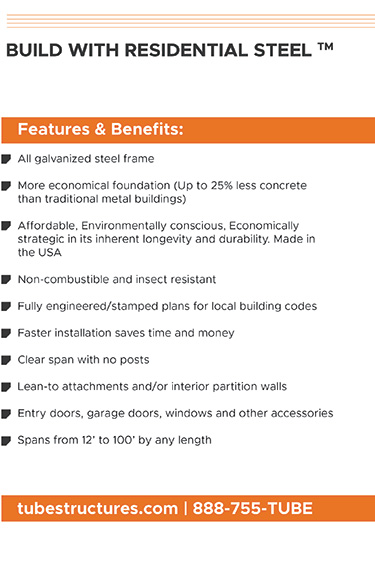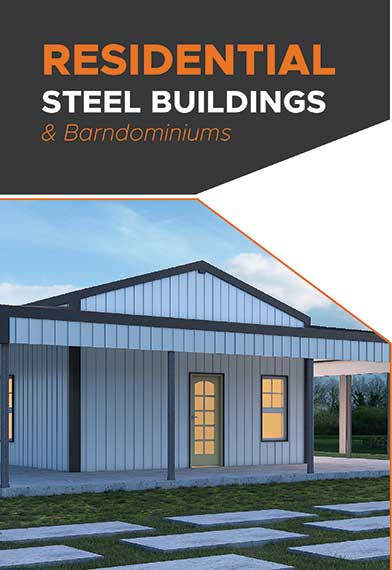AIA Adopts New Rules and Ethical Standards for Members
- March 26, 2021
- Posted by: Alan Hageman
- Category: News

The American Institute of Architects’ (AIA) Board of Directors approved several changes to the AIA Code of Ethics and Professional Conduct to explicitly address sexual harassment, equity in the profession, and sustainability. The Code of Ethics and Professional Conduct applies to all AIA members. The code’s ethical standards are aspirational and define the tenets of ethical behavior for AIA members. The code also includes disciplinary rules, which are mandatory and enforceable. Violations of the rules may result in sanctions, including termination of membership.
“The architecture profession is at a threshold moment,” said AIA 2018 President Carl Elefante, FAIA. “The Board’s adoption of these changes provides us with another step toward ending sexual harassment in the workplace, advancing equity in our profession, and promulgating sustainable practices. I applaud the members who raised their voices to offer these improvements to the code, and the AIA delegates, Board of Directors, and National Ethics Council who acted on their concerns.”
The new rules and ethical standards resulted in part from resolutions presented and adopted by delegates at the annual meeting of the Institute in connection with the 2018 AIA Conference on Architecture. The AIA National Ethics Council, in consultation with the Board Committee on Equity and the Future of Architecture, made recommendations to the AIA Board of Directors, which it adopted.
Several existing rules were updated in the Code of Ethics to include language explicitly addressing harassment and equity in the profession:
- Members shall not engage in harassment or discrimination in their professional activities on the basis of race, religion, national origin, age, disability, caregiver status, gender, gender identity, or sexual orientation (Rule 1.401).
- Members shall not engage in conduct involving wanton disregard of the rights of others (Rule 1.402).
- Members shall not engage in conduct involving fraud (Rule 2.104).
- Members should provide their associates and employees with a fair and equitable working environment, compensate them fairly, and facilitate their professional development (Ethical Standard 5.1).
- Members shall treat their associates and employees with mutual respect and provide an equitable working environment (Rule 5.101).
At the recommendation of the National Ethics Council and the New England Committee on the Environment, new rules and ethical standards were also added to the Code of Ethics to address sustainability:
- Members should promote fairness and safety in providing professional services and make reasonable efforts to advise their clients and employers of their obligations to the environment, including: access to clean air, water, sunlight and energy for all; sustainable production, extraction, transportation and consumption practices; a built environment that equitably supports human health and well-being and is resistant to climate change; and restoring degraded or depleted natural resources (Ethical Standard 2.4).
- When performing professional services, members shall make reasonable efforts to inform their clients of the potential environmental impacts or consequences the member reasonably believes may occur as a result of work performed on behalf of the clients (Rule 2.401).
- Energy conservation: members should set ambitious performance goals for greenhouse gas emission reduction with their clients for each project (Ethical Standard 6.1).
- Water use: members should optimize water conservation in each project to reduce water use and protect water supply, water quality, and watershed resources (Ethical Standard 6.2).
- Building materials: members should select and use building materials to minimize exposure to toxins and pollutants in the environment to promote environmental and human health and to reduce waste and pollution (Ethical Standard 6.3).
- Ecosystems: members should consider with their clients the impact of each project on the natural habitat and ecosystem to promote environmental and human health (Ethical Standard 6.4).
- Climate change: members should incorporate adaptation strategies with their clients to anticipate extreme weather events and minimize adverse effects on the environment, economy and public health (Ethical Standard 6.5).
- Members shall consider with their clients the environmental effects of their project decisions (Rule 6.501).
An updated copy of the Code of Ethics and more information on the National Ethics Council can be reviewed on AIA’s website.
AIA recently released a statement, Where We Stand: Sexual Harassment & the Architectural Profession, detailing the Institute’s commitments to combatting harassment in the workplace and to making the profession more equitable and inclusive.


